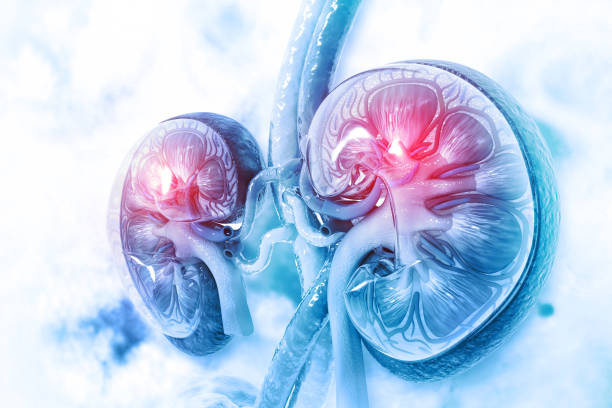
Renal failure is the inability of one or both of your kidneys to function normally on their own. Acute renal failure can come on quickly and be temporary. In other situations, it's a long-term, chronic sickness that steadily gets worse. Kidney failure is the most dangerous stage of renal disease. If left untreated, it is fatal. If you have renal failure, you may be able to go a few days or weeks without medical attention. Therefore get in touch with Best Recovery And Optimisation Of Kidney Function Clinic in Mulund, Thane.
A healthcare provider may use a variety of renal function tests to evaluate your kidneys and diagnose renal failure. If a medical practitioner thinks you could have renal failure, they may do the following tests:
1. Blood TestsThe effectiveness of your kidneys in removing waste from your blood can be determined by blood tests. A medical practitioner will use a fine needle to extract a small amount of blood from a vein in your arm. A laboratory technician will then evaluate your blood sample.
Urine tests are used to quantify certain constituents such as blood or protein. Urinating into a designated container is the protocol while in the hospital or at the provider's office. A lab professional will then analyse a sample of your urine.
Through imaging examinations, a physician can look for irregularities or obstructions by examining your kidneys and surrounding tissues. Common imaging studies include renal ultrasonography, CT urograms, and MRIs. Contact with our Best Recovery And Optimisation Of Kidney Function Clinic in Mulund, Thane.
Visit to our clinic now and consult with our Best Recovery And Optimisation Of Kidney Function Clinic in Mulund, Thane. Moderate water consumption is good for the kidneys. Water helps the kidneys excrete toxins and waste materials from the urine. It also helps to keep your blood arteries healthy, which makes it easier for the blood to deliver vital nutrients to your kidneys. It's also a good idea to drink the proper amount of water to help prevent kidney stones and urinary tract infections (UTIs). Kidney stones are less likely to occur when your kidneys are adequately hydrated. You will urinate more when you drink a lot of water, which lowers your risk of developing a UTI. Urinating helps get rid of bacteria that cause UTIs.
© Copyright 2023 | Dr. Haresh Dodeja